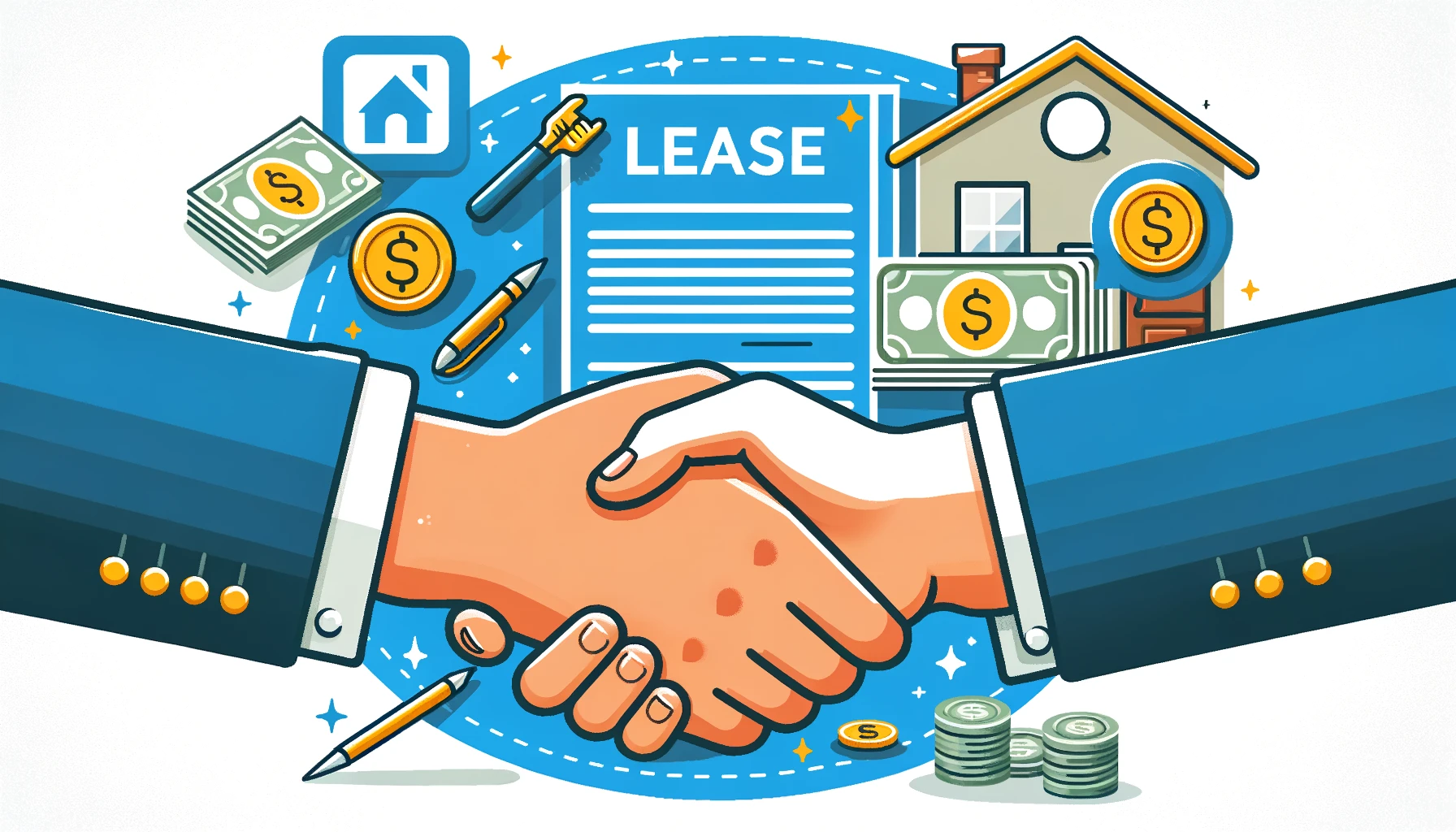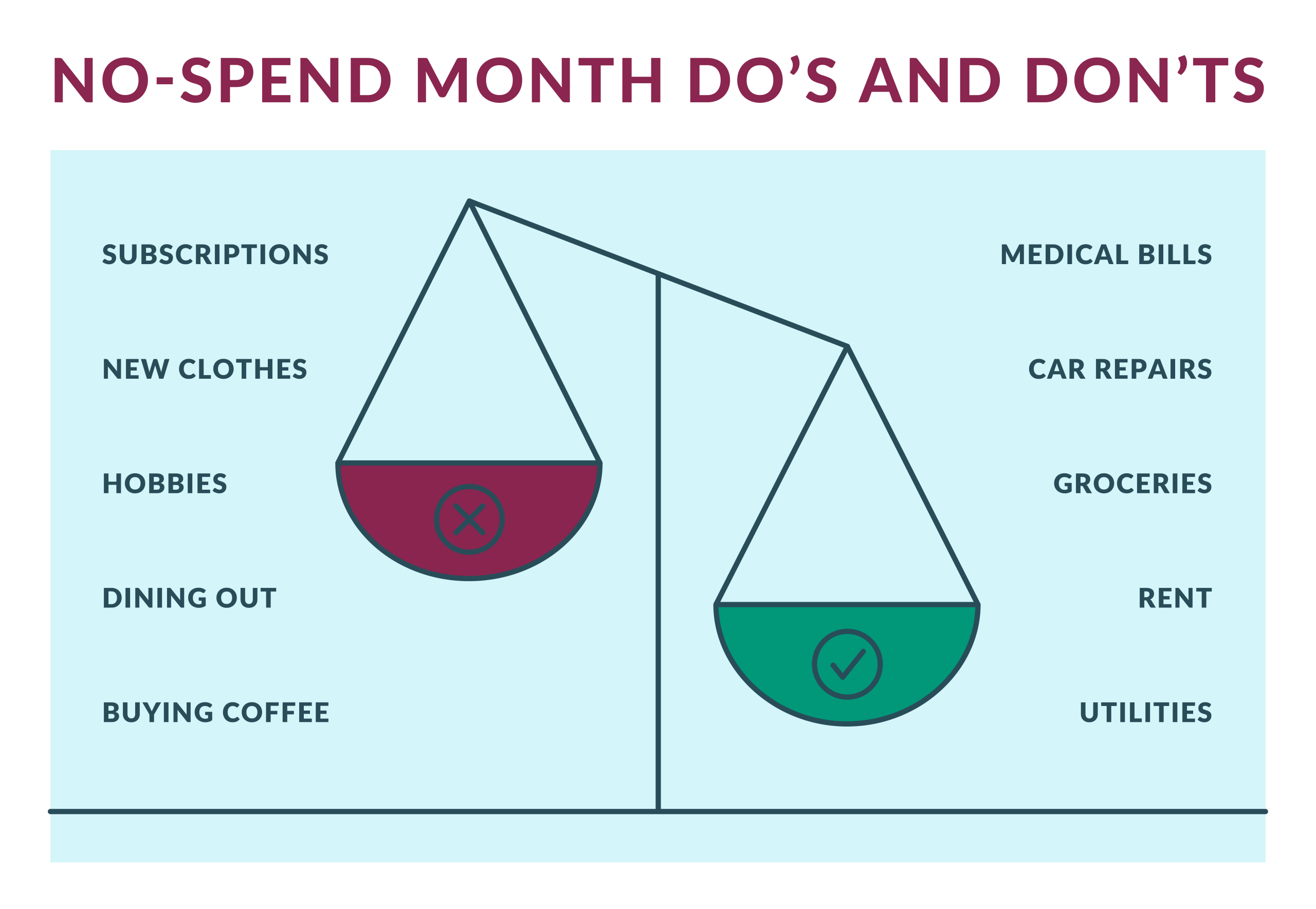Anúncios
A security deposit is an essential part of many rental and service agreements. Whether you’re moving into a new apartment, renting a car, or setting up utility services.
In this wya, understanding security deposits can save you a lot of headaches and money. Let’s dive into what a security deposit is, why it’s required, and how it works.
Definition of a Security Deposit
A security deposit is a sum of money held by a landlord or service provider to cover potential damages or unpaid charges during the term of a lease or service contract.
It’s typically required upfront and is refundable at the end of the agreement, provided no damages or outstanding payments exist.
Security deposits are commonly used in:
- Residential rentals: Landlords collect deposits to cover damages or unpaid rent.
- Car rentals: Companies hold deposits to ensure the vehicle is returned in good condition.
- Utility services: Providers require deposits to secure payments for services.
Purpose of a Security Deposit
Security deposits serve multiple purposes. For example, they act as a financial cushion to cover any damage or unpaid bills.
This reduces the financial risk involved in renting out property or providing services.
Security deposits can incentivize tenants and customers to maintain the property and fulfill their payment obligations, knowing they can recover the deposit if everything is in order.
How Much is a Security Deposit?
The amount of a security deposit can vary widely depending on several factors:
- Location: In some cities, the maximum allowable deposit is regulated by law.
- Type of rental: Deposits for apartments or houses are usually higher than for rental equipment.
- Creditworthiness: Some landlords or service providers may adjust the deposit amount based on your credit score or rental history.
For apartments, they generally amount to one to two months’ rent, providing landlords with a financial cushion against potential damages or unpaid rent.
Car rentals typically require a security deposit as well, often a few hundred dollars, which varies based on the type of vehicle rented. This deposit serves to cover any damages incurred during the rental period.
When setting up utility services, such as electricity or internet, the security deposit can fluctuate based on your credit score.
While some may require only a small fee, others might ask for a deposit reaching a couple of hundred dollars as a precautionary measure.
Legal Aspects of Security Deposits
Security deposits are subject to various laws and regulations, which can differ significantly from one jurisdiction to another. Key points include:
- Maximum amount: Many states have caps on how much a landlord can charge for a security deposit.
- Interest on deposits: Some areas require landlords to pay interest on the held deposit.
- Time frame for return: Laws typically mandate a specific period (often 30 days) for returning the deposit after the lease ends.
How Security Deposits Are Managed
Here’s a typical process for managing security deposits:
- Collection: The deposit is collected when the lease or service agreement is signed.
- Holding: The landlord or service provider holds the deposit in a separate account.
- Usage: If necessary, funds from the deposit may be used to cover damages or unpaid bills.
- Return: After the agreement ends, the deposit (minus any deductions) is returned to the tenant or customer.
Common Issues with Security Deposits
Common issues surrounding security deposits can lead to disputes between tenants and landlords.
Unfair deductions often arise when tenants believe that landlords have unjustly deducted from their deposit, leading to frustration and disagreement.
Another issue is the delay in returning the deposit, with some landlords extending beyond the legally mandated timeframe, causing inconvenience and financial strain for tenants.
Disagreements on damages are also prevalent, as interpretations of what qualifies as normal wear and tear versus actual damage can vary between tenants and landlords, complicating the return process and potentially leading to conflict.
Tips to Avoid Issues:
Here are some tips that can help you at this time:
- Document condition: Take photos and note the condition of the property before moving in and after moving out.
- Keep records: Save all correspondence and receipts related to the rental or service agreement.
- Communicate: Discuss any issues or concerns with the landlord or service provider as they arise.
For Tenants:
- Read the lease carefully: Understand the terms regarding the security deposit.
- Maintain the property: Keep the rental property in good condition to avoid deductions.
- Provide notice: Give proper notice before moving out as stipulated in the lease.
For Landlords:
- Be clear and fair: Clearly explain the terms of the security deposit and use it fairly.
- Document damages: Keep detailed records of any damages and repairs.
- Follow the law: Adhere to local laws regarding the handling and return of security deposits.
Understanding and properly managing security deposits can help avoid disputes and ensure a smooth rental or service experience.
By knowing your rights and responsibilities, both tenants and landlords can protect their financial interests and maintain good relationships.






